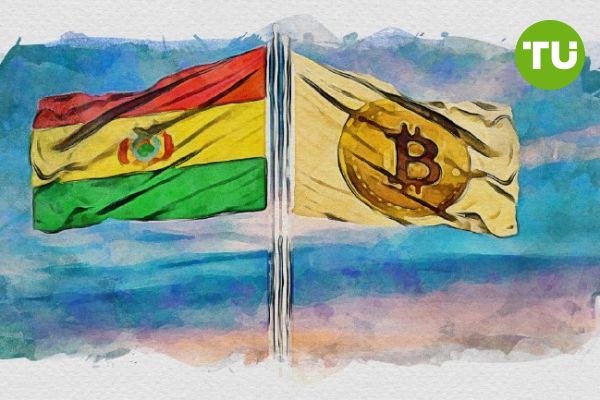Bolivia shifts to digital assets for energy purchases
 Digital assets for energy purchases in Bolivia
Digital assets for energy purchases in Bolivia
Bolivia’s state-owned energy company, Yacimientos Petrolíferos Fiscales Bolivianos (YPFB), will begin using cryptocurrency to pay for fuel imports as the country struggles with a severe U.S. dollar shortage and declining domestic energy production.
The decision, approved by the government, comes as Bolivia faces long lines at gas stations and sporadic protests over fuel shortages. Officials say the move aims to ensure the country can continue purchasing energy supplies despite dwindling foreign currency reserves, according to Crypto News.
A response to a deepening fuel crisis
Once a regional energy exporter, Bolivia has seen its natural gas output decline in recent years due to a lack of new discoveries and insufficient investment in exploration. This has forced the country to rely more on imports, straining its already tight financial resources.
The crisis has hit major regions like Santa Cruz, where severe diesel shortages have triggered protests, highway blockades, and threats of strikes from transport and agricultural sectors. Farmers warn that disruptions could jeopardize the summer harvest, further pressuring Bolivia’s economy.
The Bolivian government has announced plans to expand the country’s electricity production by 5,290 megawatts between 2026 and 2050, with a focus on renewable energy sources such as wind, solar, hydroelectric, and geothermal power. Officials say the initiative is aimed at ensuring long-term energy security and reducing dependence on fossil fuels.
While YPFB has yet to complete its first cryptocurrency transaction, a government spokesperson confirmed that plans are in place, marking a significant shift in how Bolivia manages its energy imports amid mounting financial and economic challenges.
Meanwhile, Brazil has solidified its status as a global leader in crypto, with 26 million citizens—12% of the population—owning digital assets. This ranks the country sixth worldwide in crypto adoption, highlighting its growing impact in the sector.













































































































































